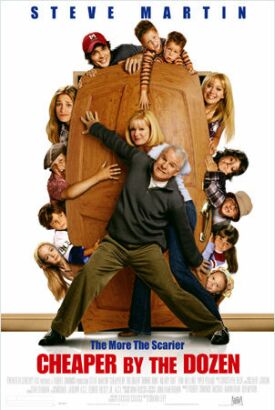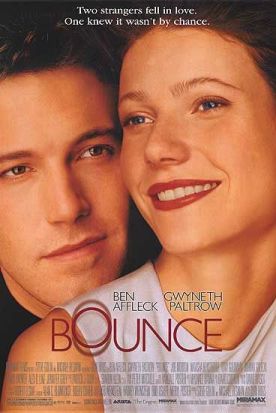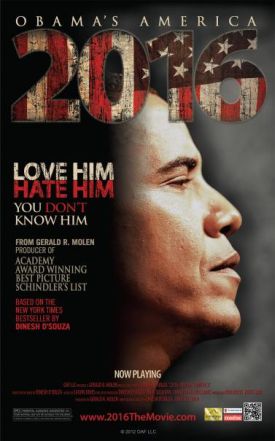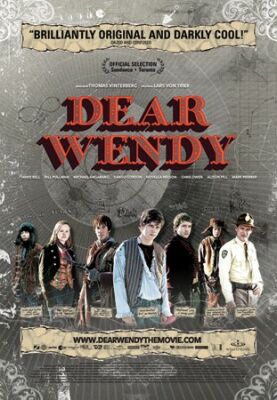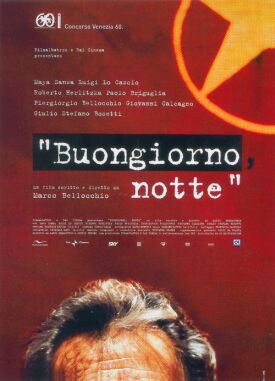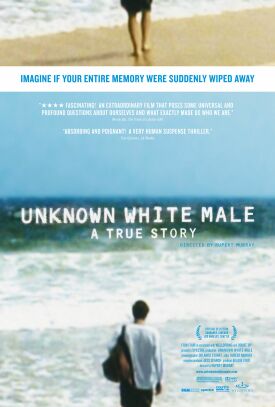Cheaper by the Dozen
Interesting that P.J. Hogan’s remake of Peter Pan and Shawn Levy’s remake of Cheaper by the Dozen should have opened on the same day. The one magically puts us back in touch with the world of a century ago, while the other takes a story from roughly the same period and stupidly, indeed senselessly updates it. If you wondered what happened to the submarine warfare in Master and Commander or why Ted Hughes and Sylvia Plath couldn’t keep in touch by cell phone in Sylvia, you might like this adaptation of the American classic by Frank B. Gilbreth Jr. and Ernestine Gillbreth Carey, but not otherwise.
Even when the authors’ charming memoir of growing up among the dozen children of one of the world’s first efficiency experts in the ‘teens of the last century was published in 1948 it was looking backward with nostalgia to a world that had vanished, as the film version of 1950 with Clifton Webb and Myrna Loy made clear. Levy and a panel of screenwriters have made dad (Steve Martin) a college football coach — and so lost all the humor of his manic penchant for organization and efficiency — and mom (Bonnie Hunt) a journalist turned memoirist, one suspects only to avoid the political faux pas of making her a stay-at-home mom.
So instead of comedy at the expense of time-and-motion we have sentimentality built on the conflict between work and family time. That’s what you call making it contemporary. But it’s not the worst of the updating. Most importantly, and disastrously, the film-makers plunk the family-with-twelve-kids story straight into the kid-centered ethos of today’s yuppie unigenitors without the slightest hint of anything incongruous or inappropriate about it. You’d think that the one sure thing about having eleven brothers and sisters would be that you couldn’t be spoiled, but these kids are all spoiled. Though they are Hollywood-cute in the way that no real children are, each thinks of himself as the center of the universe, and his parents are swift to agree.
Or at least dad is. Mom is busy on a book tour to publicize her heart-warming memoir of family life — called Cheaper by the Dozen. Thus her book’s exploitation of her family takes precedence over the family itself, which is also a politically correct situation. Dad is left to manage the kids by himself, and not-quite hilarious chaos ensues. Unable to cope with the demands of both work and family, he is forced to quit his dream job, which provides a grim satisfaction to the spoiled children who have been taught that they ought to have first claim on their father’s time and energy.
Nor is that all that’s wrong with this movie. You know the classic story of the new boy in town who is teased and tormented and bullied by the in-crowd until he finally fights back and wins their respect? Well, the story of the family’s oldest son, Charlie (Tom Welling) isn’t that story. It’s the same up until the fighting back part, but instead of doing that, Charlie tucks his tail between his legs and goes back to where he came from — but only after defying his father, whose new but swiftly disappearing job has been responsible for the move, by saying: “Why should I have to pay for your life choices?”
Something tells me that the original Gilbreth children at their worst — with whom the film makes a half-hearted attempt to suggest a familial link — would never have asked such an ineffably stupid question, but here even dad agrees. As do the film-makers. And of course the kids. In fact, the only dissent is raised by the university president, of all people, who is meant to attract boos and hisses for asking dad who wears the pants in the family. A college president taunting the head football coach about his masculinity? In what world are these people living?
In the end, dad, like Charlie, quits and goes back to Division III coaching. But that’s OK because, as he says, “If I screw up raising my kids, nothing else will matter much.” I don’t want to be the one to tell him, but he’s already screwed it up.
Discover more from James Bowman
Subscribe to get the latest posts to your email.

